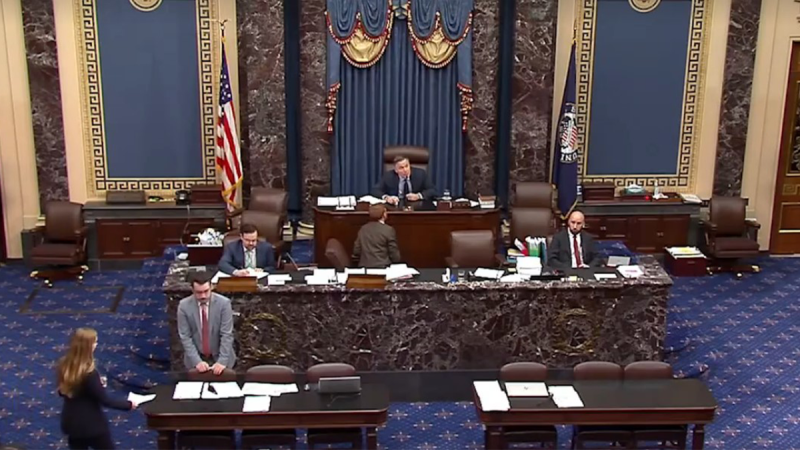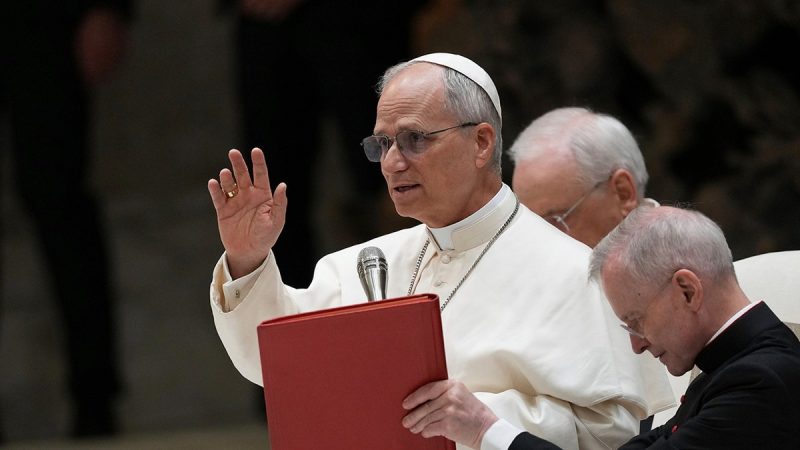

South Harz Potash (ASX:SHP) is advancing a high-potential critical minerals project strategically located in central Europe. The South Harz Potash Project is ideally positioned to capitalize on long-term potash demand and price upside, benefiting from direct access to Europe’s agricultural markets, electrified rail infrastructure, and existing brownfield underground access.
In May 2024, the company completed a Pre-Feasibility Study (PFS) for the Ohmgebirge Project, confirming robust economics and scalable development potential. South Harz’s key potash assets are secured under perpetual mining licenses, providing long-term tenure stability and a strong foundation for future development.

As Europe works to strengthen its critical mineral security, potash supply chains face increasing pressure. Over the past decade, European MOP production has steadily declined, while reliance on imports has grown increasingly vulnerable to geopolitical risks, sanctions, and trade restrictions affecting key exporters like Belarus and Russia. Positioned to address this supply gap, South Harz Potash offers the potential for a reliable, low-carbon, and locally sourced potash supply to support Western Europe’s agricultural hubs.
Company Highlights
- Advancing a Dual-Asset Strategy: Targeting acquisition of a second critical minerals project complementary to the company’s flagship Ohmgebirge Development, part of its broader South Harz Potash Project in Germany.
- Preservation and Growth of Long-Term Potash Option Value: Amidst current global and potash market volatility, the South Harz team is focussed on advancing its potash assets via non-dilutive funding sources such as German R&D tax rebates, ERMA funding, and ongoing engagement with financial and industry parties on potential strategic asset-level investment.
- Western Europe’s Largest Potash Resource: The South Harz Potash Project comprises a dominant 659 sq km land position in Germany’s South Harz Potash District, being three perpetual mining licences (including Ohmgebirge) and two exploration tenements.
- Perpetual Tenure: The South Harz mining licences are perpetual with no holding costs and no royalty obligations, ensuring maximum project flexibility and value retention.
- Long-Term Macro Tailwinds for Potash: Europe faces declining MOP supply and is increasingly reliant on imports amid geopolitical disruption in Belarus and Russia. South Harz Potash is primely positioned to deliver stable future supply of sustainable, low-carbon potash to European markets.
- Strong Project Viability: South Harz completed a Pre-Feasibility Study (PFS) in 2024 which confirmed Ohmgebirge as a world-class brownfield development with robust technical parameters and excellent economic returns.
This South Harz Potash profile is part of a paid investor education campaign.*
Click here to connect with South Harz Potash (ASX:SHP) to receive an Investor Presentation






















